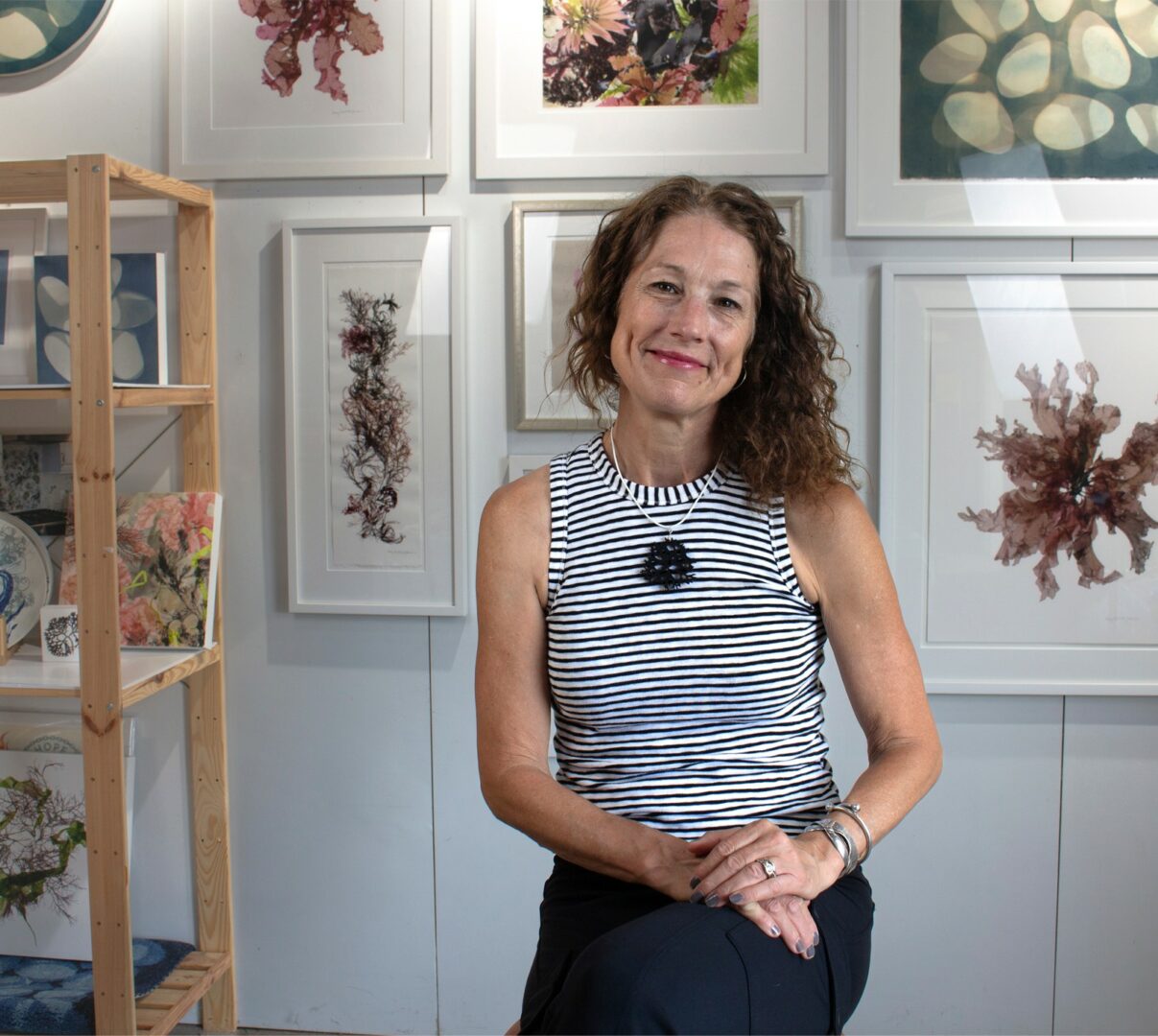Alright – so today we’ve got the honor of introducing you to Mary Jameson. We think you’ll enjoy our conversation, we’ve shared it below.
Mary, we’re so excited for our community to get to know you and learn from your journey and the wisdom you’ve acquired over time. Let’s kick things off with a discussion on self-confidence and self-esteem. How did you develop yours?
The very nature of being an artist is presenting yourself to the public. You put yourself out there knowing that your work represents you and developing confidence is something that expands as you do. The uncomfortable situations are the real building blocks, and there are many along the way. When I reflect on my goals from 5 or 10 years ago and see the progress I’ve made, that’s a big confidence boost! For example, when I first started working with seaweed in my art I wasn’t quite sure how the public would respond. I brought some of the collages to Nancy Whipple Grinnell, the curator of the Newport Art Museum at the time (2014), and she offered me a solo show in the Wright Gallery. Not only did I face my fears in approaching her, but it felt like the universe was rewarding me for my direction and boldness.
Making peace with the process is a good thought to keep in mind. It’s important to separate unsuccessful situations from your self-worth. I think, as creatives, we have to understand that our work is not for everyone and that shouldn’t feel like a criticism. I remind myself that my work is important and have found that those who are supportive far outweigh those who aren’t.
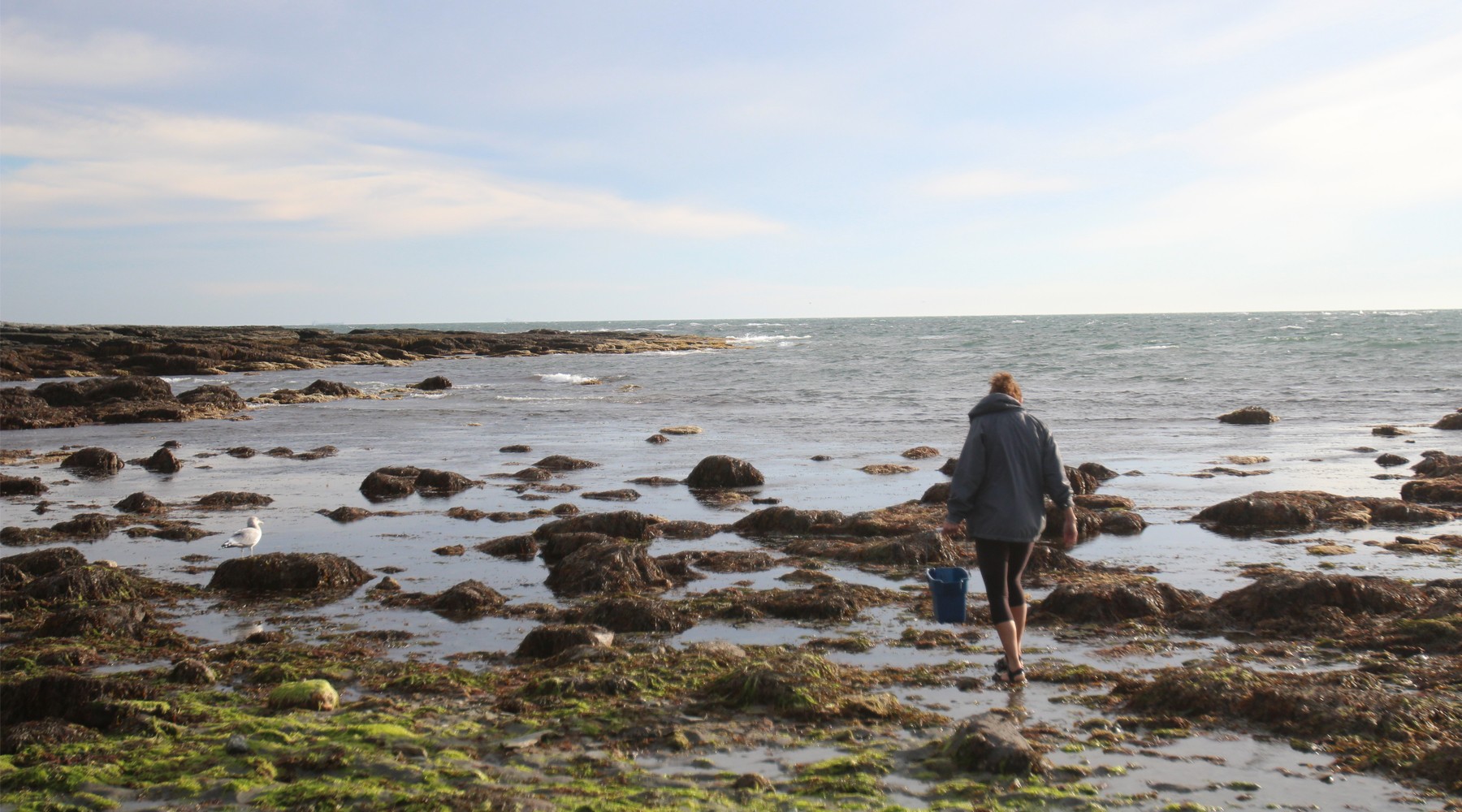
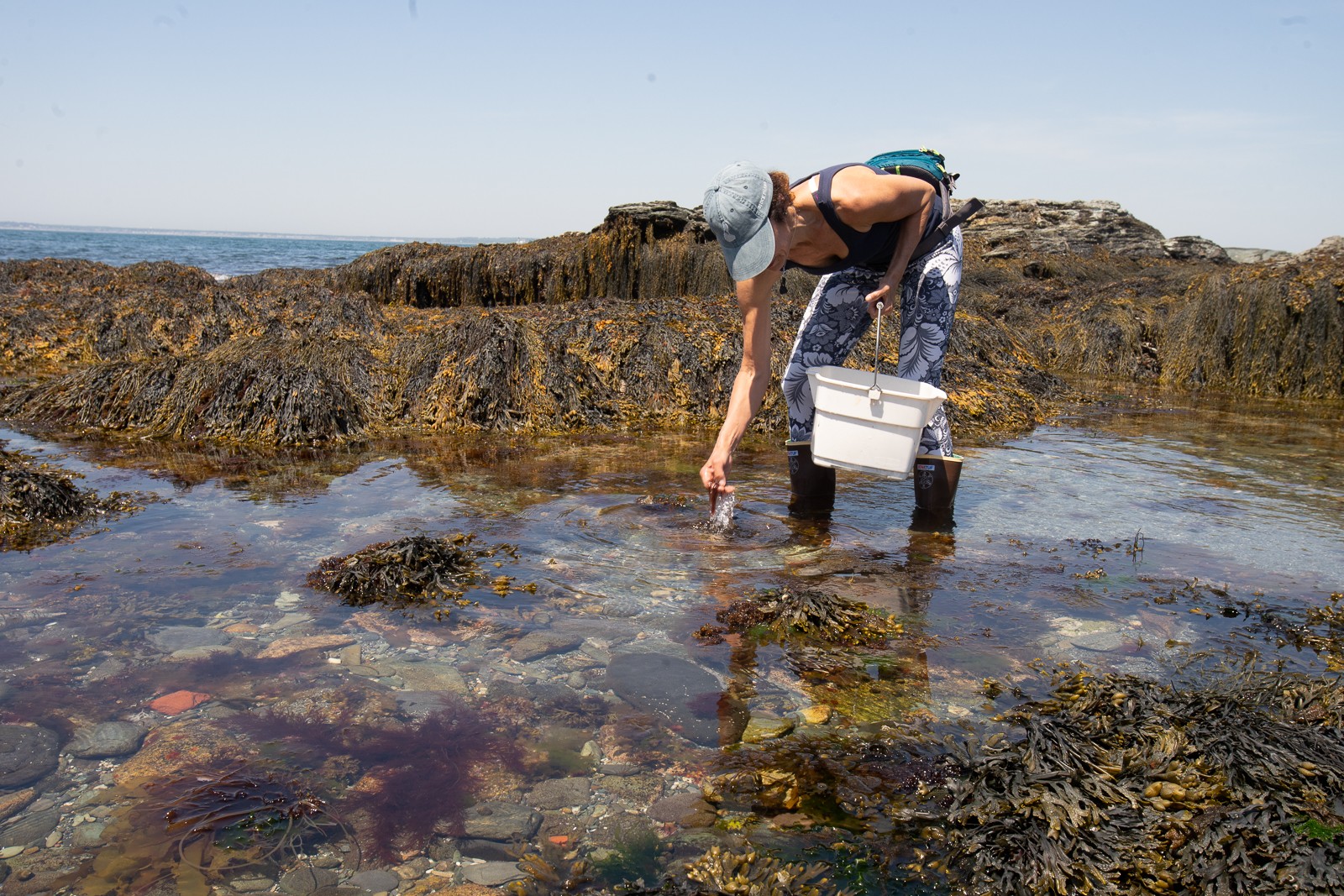
Thanks, so before we move on maybe you can share a bit more about yourself?
When I started exploring printmaking with seaweed in 2010, my intention was to simply learn a new technique. I had seen an exhibit at the Newport Historical Society on artifacts from the Victorian era, including personal journals/ scrapbooks. These scrapbooks were donated to the NHS by the families who summered in Newport and in some of the pages, along with watercolors, photos and poetry, were pressings of seaweed, This piqued my curiosity. I’d never seen seaweed used decoratively before and I was compelled to learn the process. Once I began, I realized it brought together parts of me that identified with my childhood, my love of nature, and art.
Here’s an excerpt from my artist statement: In my current body of work, I am exploring marine algae as a contemporary art form. I collect specimens and organic matter from the intertidal zones along the coast. Back at the studio I study the shape, texture and color of individual species and start a process of symbiotic layering to create new forms. As I create new forms, the known and unknown intersect in a dynamic way to challenge thought patterns. For most people seaweed is a nuisance – something to avoid. My work presents new insights into the mysteries and beauty of the marine world.
Over the years my seaweed pressing workshops have become popular and I have led them at museums, universities and arts organizations as well as my own studio in Newport. I’ve also been invited to give a presentation about my journey with this art form at marine science symposiums, universities such as MIT and Olin College of Engineering and arts organizations from Connecticut to Maine. I enjoy this aspect of my work because I feel that I’m changing perceptions. I’ve had people tell me that after seeing my seaweed collages or taking a workshop they observe seaweed differently. I’ll often receive an email or text with a photo of seaweed from someone saying “Look what I’ve found,” which means “Look what I see!” To me, I’ve changed a perception and I know it’s really about them and their new awareness. Their world has expanded and this brings me incredible joy.
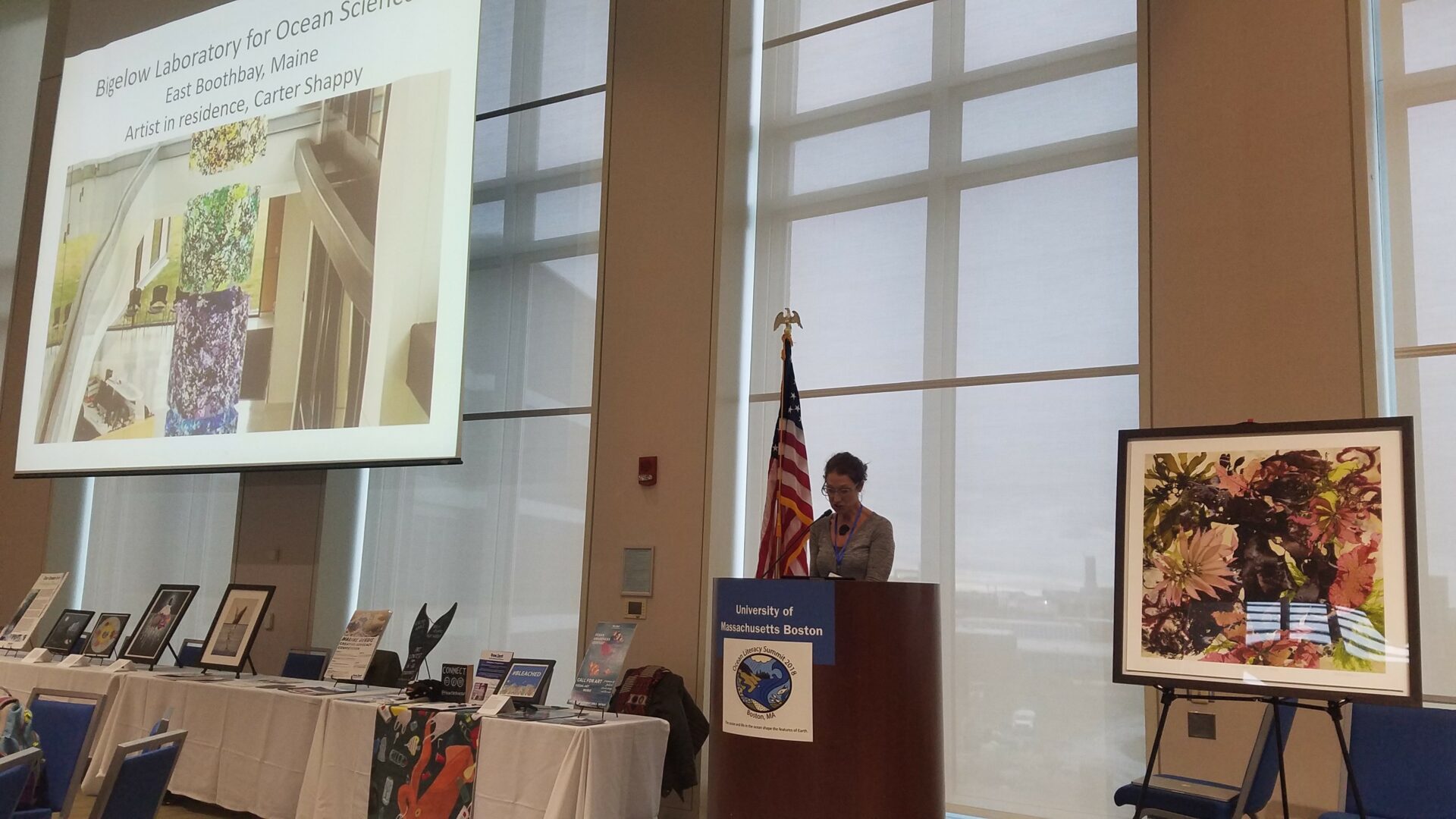
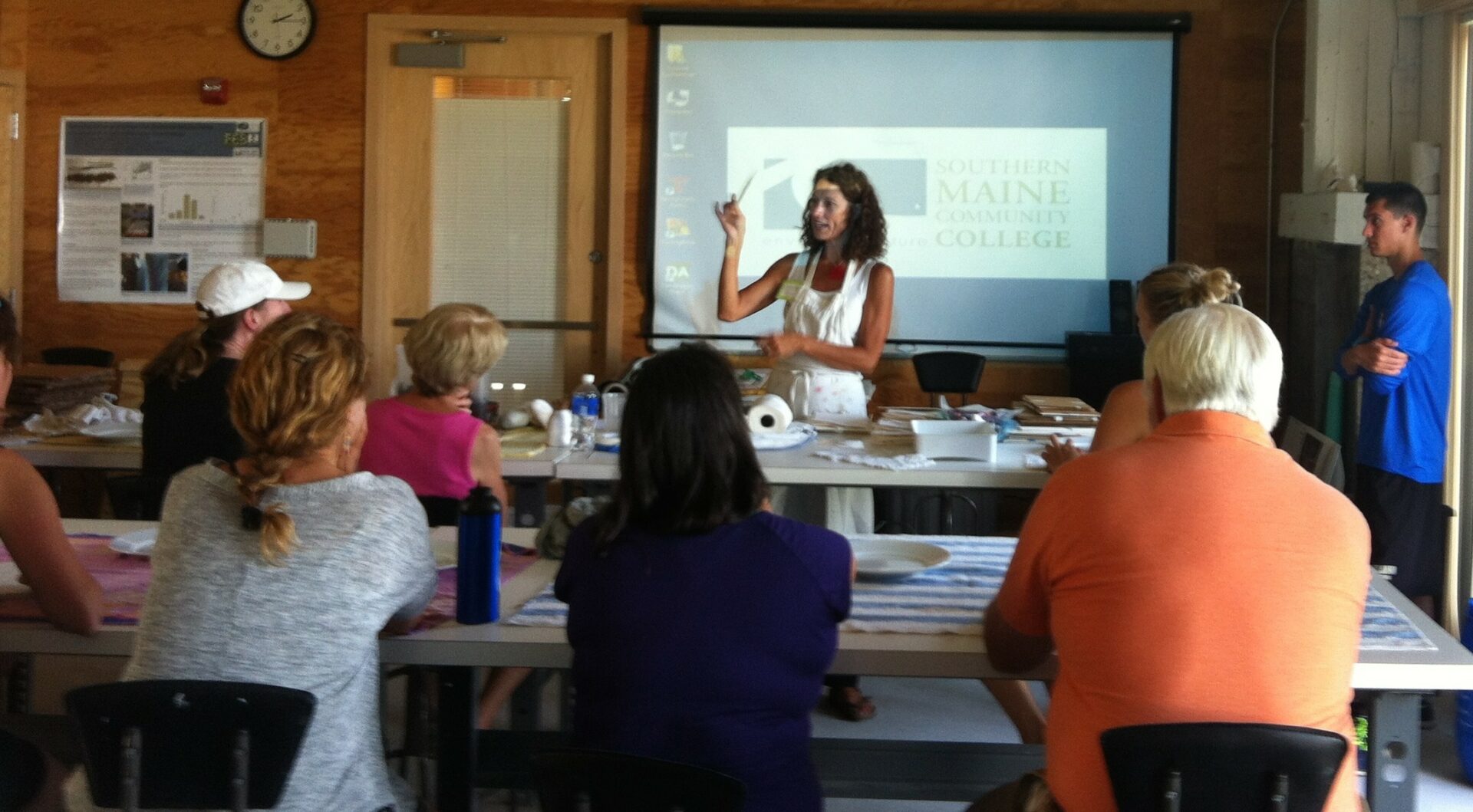
If you had to pick three qualities that are most important to develop, which three would you say matter most?
The first piece of advice I’d give someone is to believe in yourself and keep believing. You may feel that you’re back to square one again with new goals, but that’s the process. Every part of the growth and development is important. That means in the beginning, when there are many uncertainties, you are learning how to solve them and gain confidence. The obstacles you tackle now make you stronger and more resilient for what’s to come.
The second piece of advice would be to reach out to your local SBA. All of us creatives and entrepreneurs wear so many hats, including running a business. There’s a lot to know and keep on top of, and the SBA is there to help. Many of their services are free to small businesses and are provided by trained professionals. They run a program called SCORE, which pairs people with a mentor – I highly recommend getting in touch to see how they can help you.
Lastly, I think self care is important. Stress can have an adverse effect on your progress and attitude, so there’s a balance to be mindful about. I almost opted not to plant a garden this spring, thinking of the work it takes to keep up with, but I realized how important it is to my mental health and to have as a stress release. Eating good food, exercising and interacting with family and friends help mitigate the damage stress can cause.
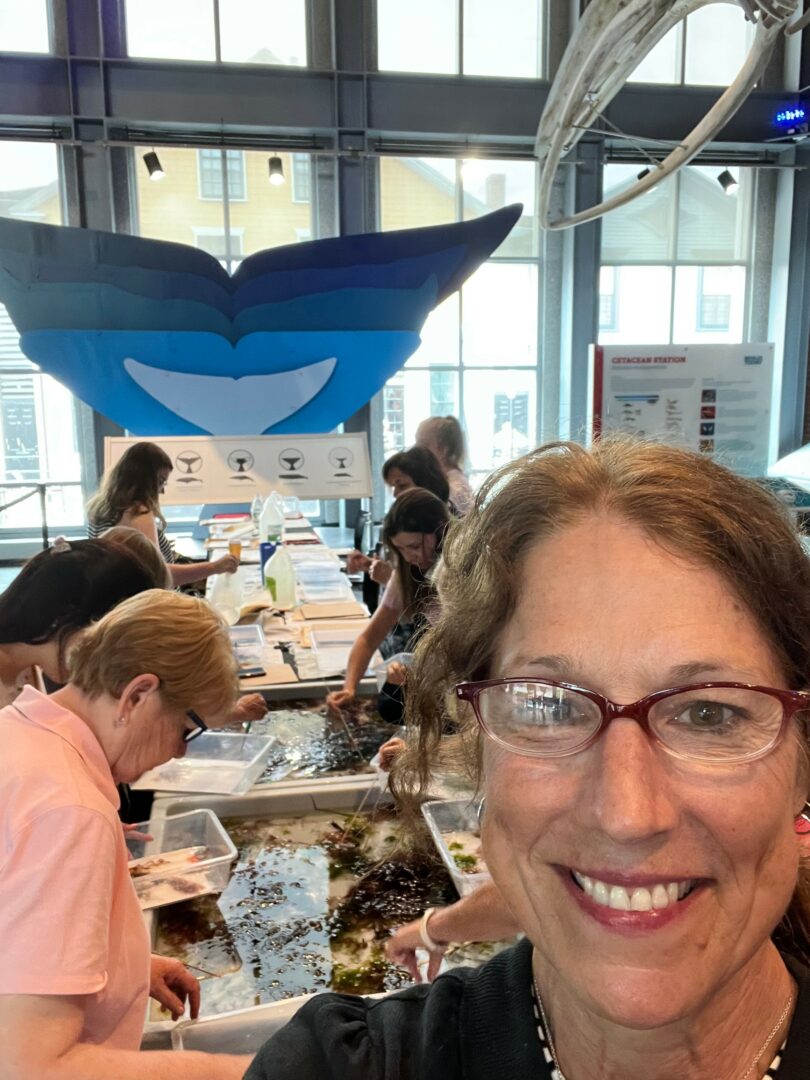
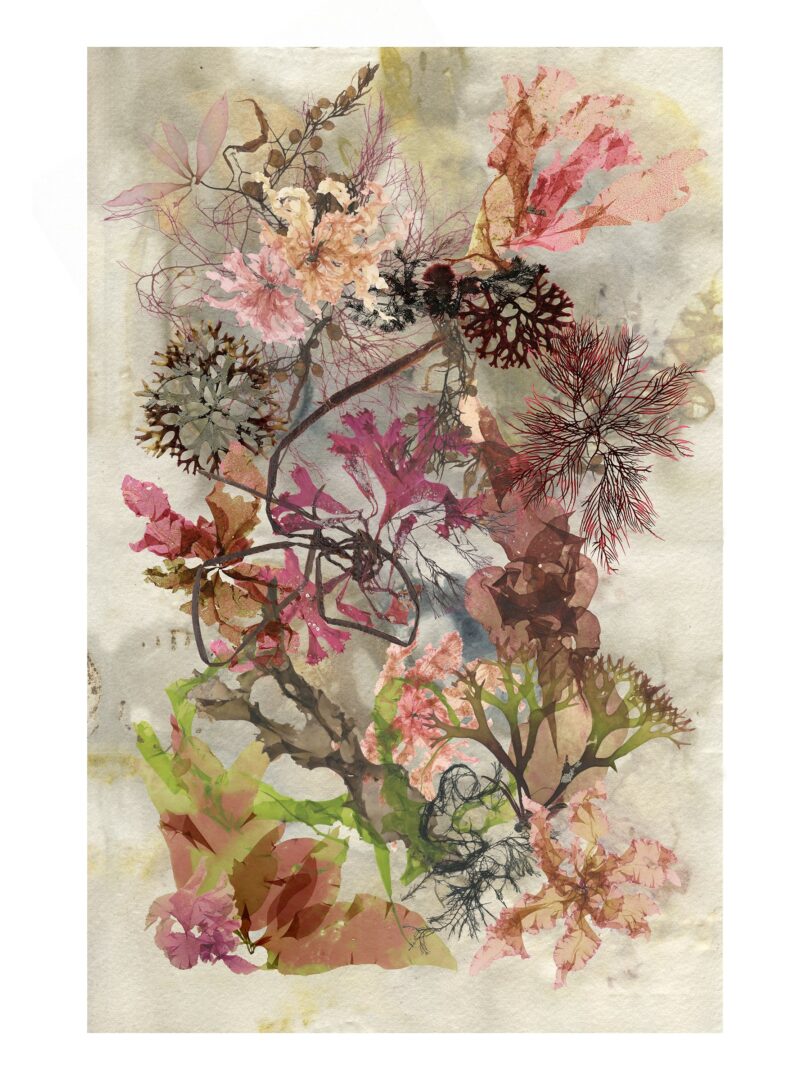
What do you do when you feel overwhelmed? Any advice or strategies?
This is a good question for me! I tend to say yes to a lot… for example, I do a 3 day outdoor art show on Block Island in August but also thought it would be good to offer a seaweed pressing workshop while I was there. Both these events require much prep work and have many moving parts. It’s easy to feel overwhelmed and regret that I’ve taken on too much. This is when I pull back and assess what each venue needs by making a list. I also give myself a schedule to adhere to on the calendar so there is adequate time to do what is required. I used to work long days leading up to shows which sapped my energy and enthusiasm. Having done art shows for over 10 years, I now have the advantage of experience and know what I don’t want to do any longer.
I think the experience of feeling overwhelmed is a sign that something needs to change. It’s the uncomfortable experiences that teach us lessons. Organization becomes a tool that can help reel things in and put them in perspective. Asking for help when we need it can break down barriers when we think we have to do everything on our own.
Contact Info:
- Website: https://saltwaterstudionewport.com/
- Instagram: @saltwaterstudionewport
- Facebook: @saltwaterstudionewport
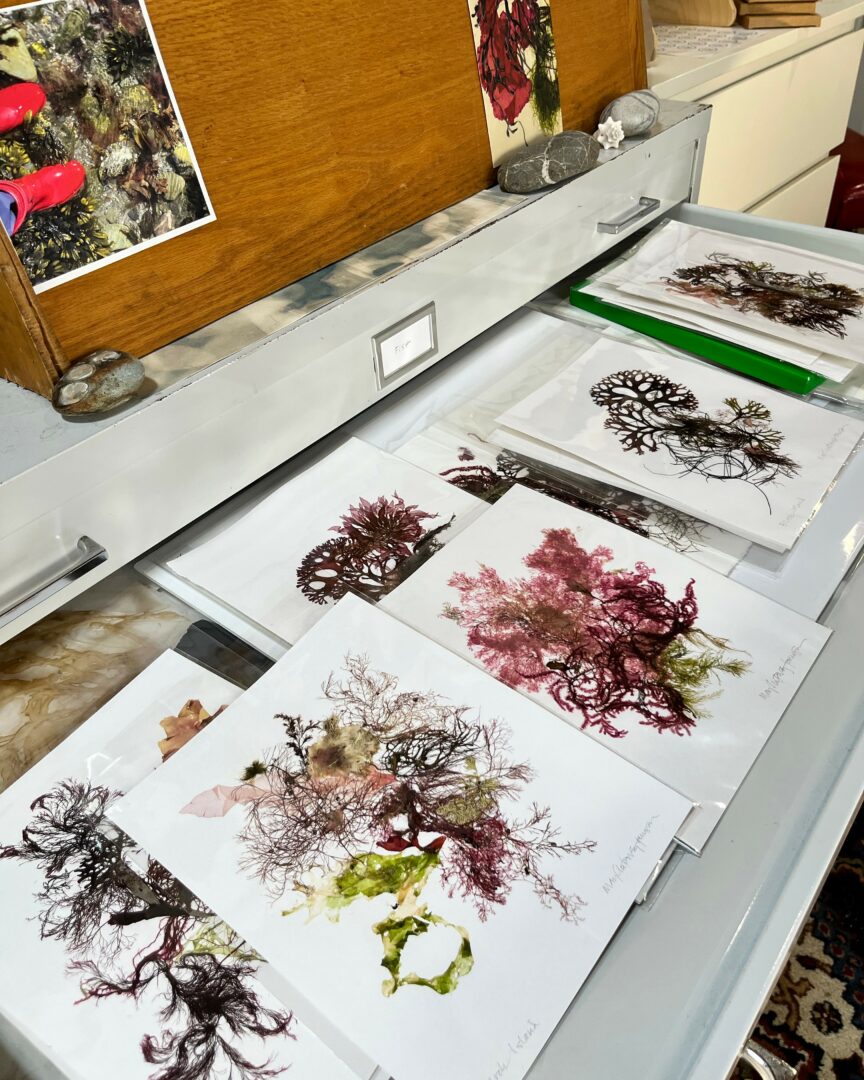
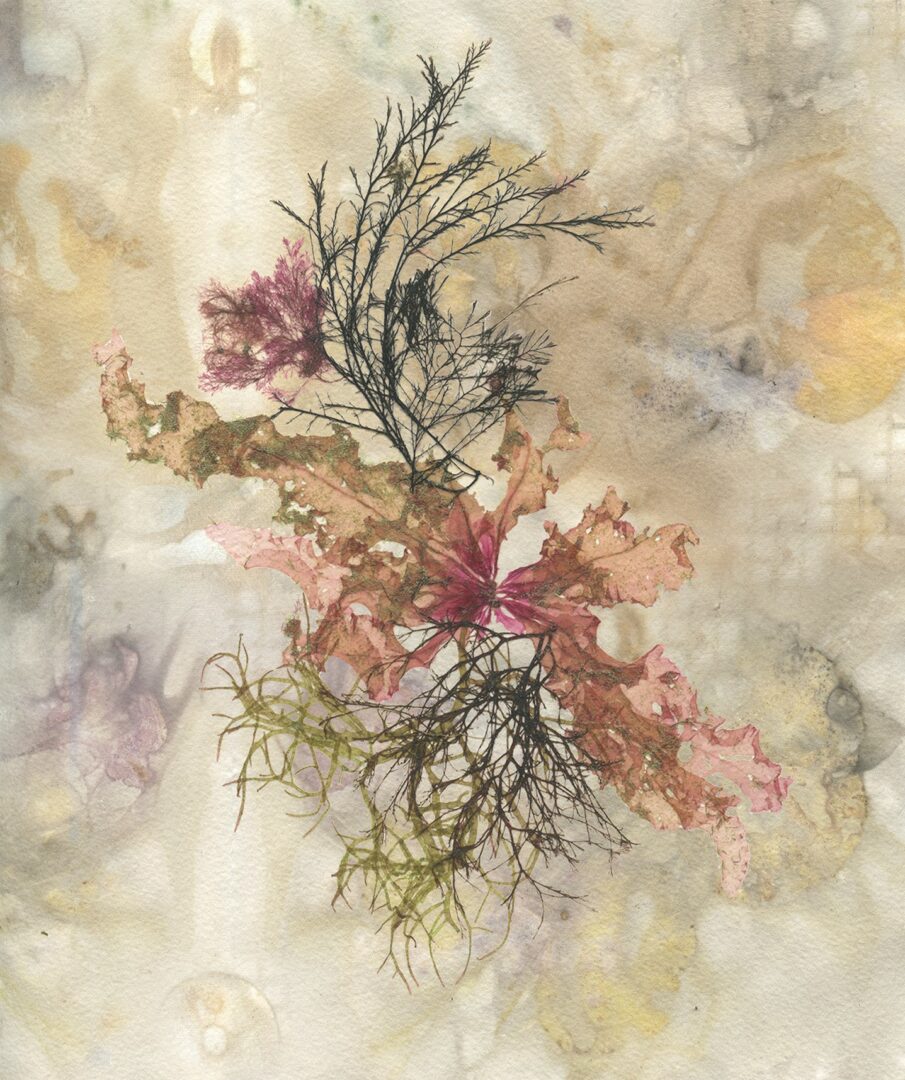
Image Credits
Jeneene Chatowsky
Jules Berger
so if you or someone you know deserves recognition please let us know here.

